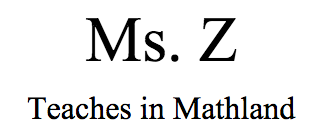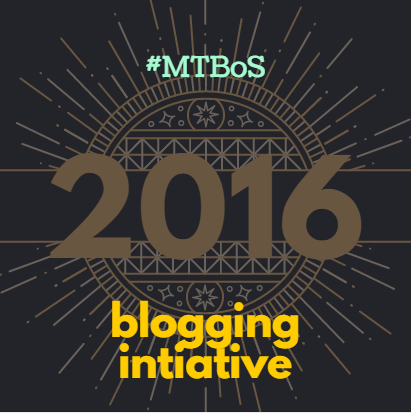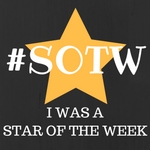About Me

Hi there, I'm Amy! A high school math teacher, poet, crafter, athlete, and mom. This blog features both math and teaching strategies, as well as some of my favorite recipes and everyday triumphs and struggles. Thanks for stopping by, feel free to share on Twitter, Facebook, or email me if you have any questions!
Followers
Popular Posts
-
6 hours ago
-
-
1 month ago
-
-
-
6 months ago
-
8 months ago
-
9 months ago
-
-
-
2 years ago
-
-
3 years ago
-
3 years ago
-
3 years ago
-
-
3 years ago
-
4 years ago
-
4 years ago
-
5 years ago
-
-
5 years ago
-
5 years ago
-
5 years ago
-
-
6 years ago
-
-
-
8 years ago
-
-
8 years ago
-
9 years ago
-
9 years ago
-
9 years ago
-
10 years ago
-
-
11 years ago
-
13 years ago
-
-
-




























